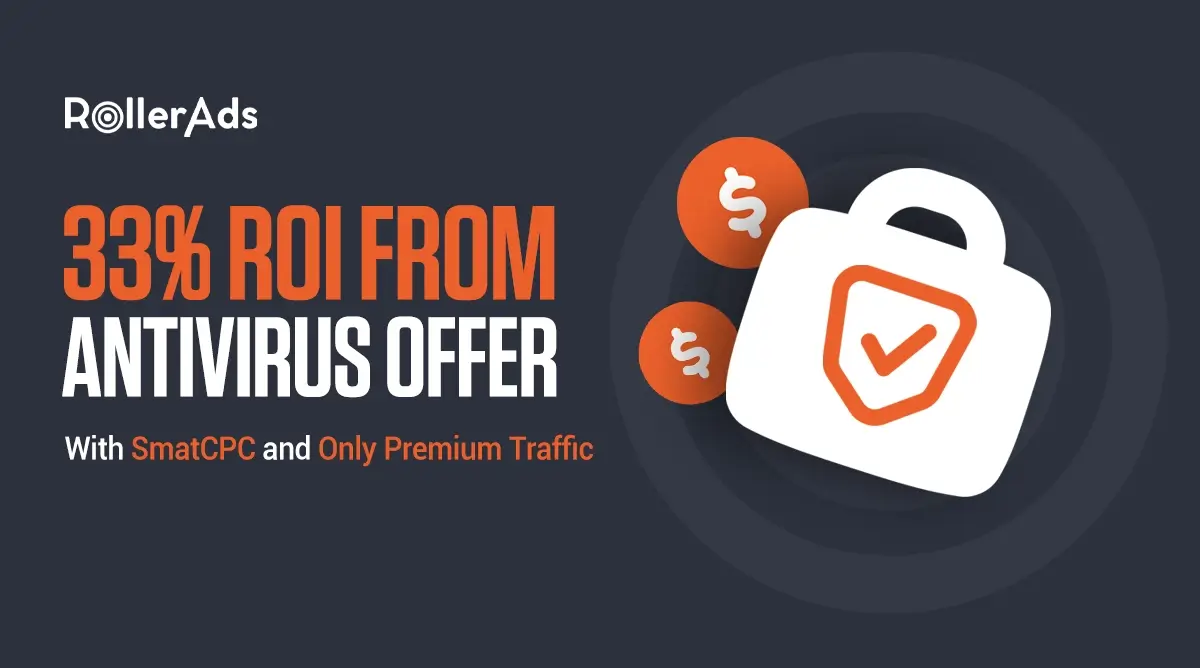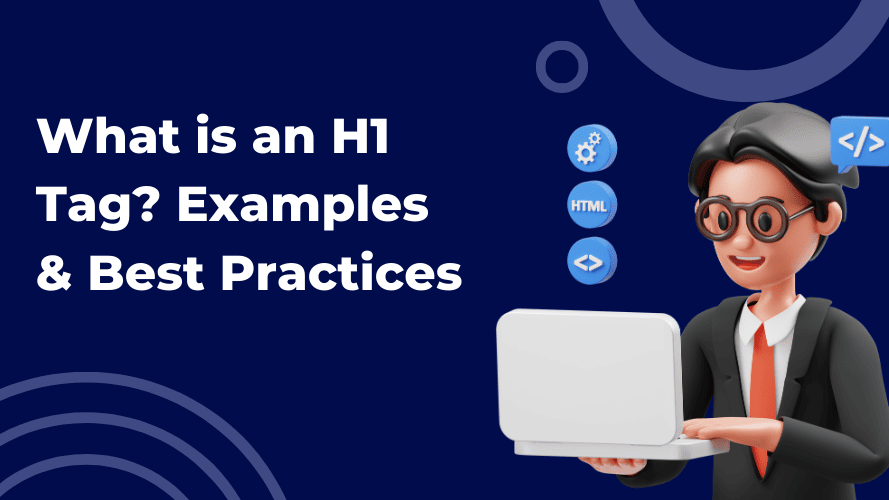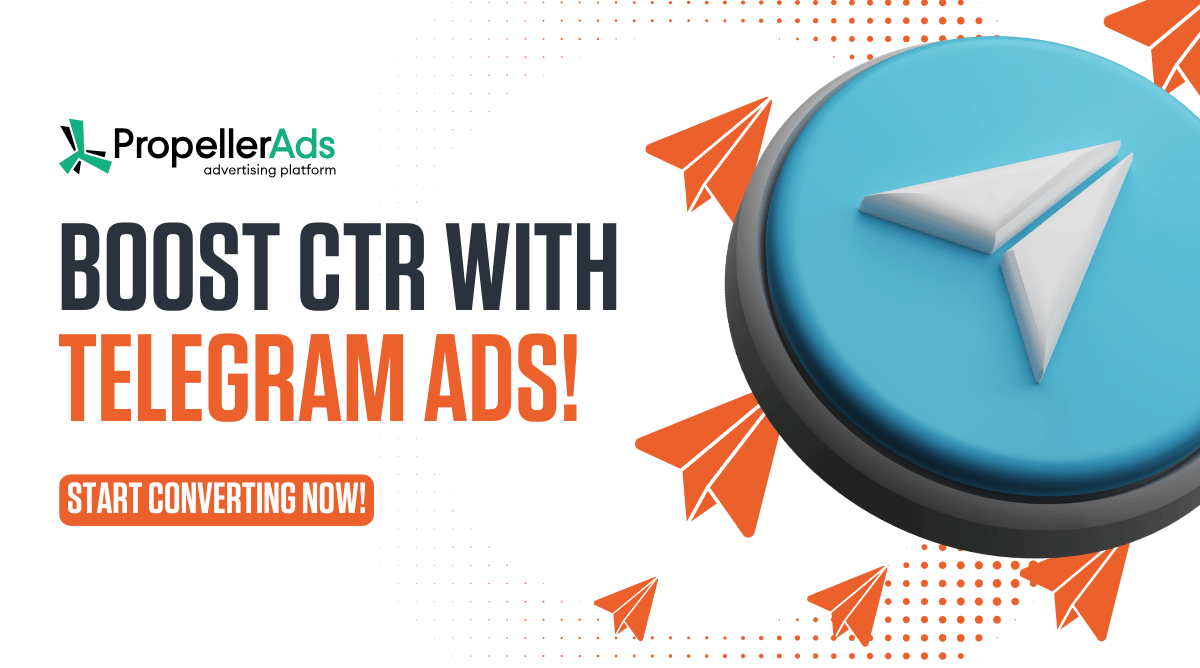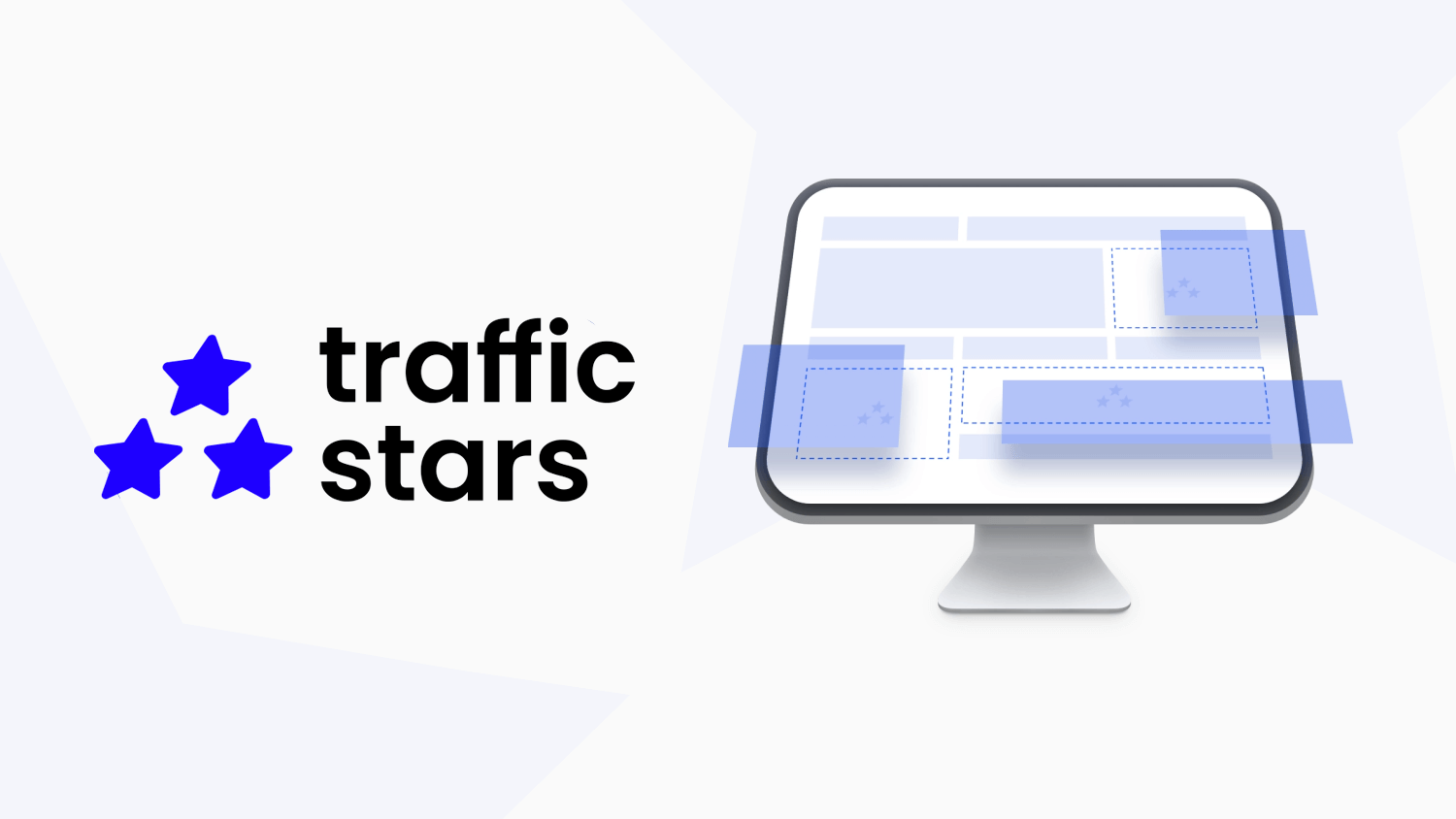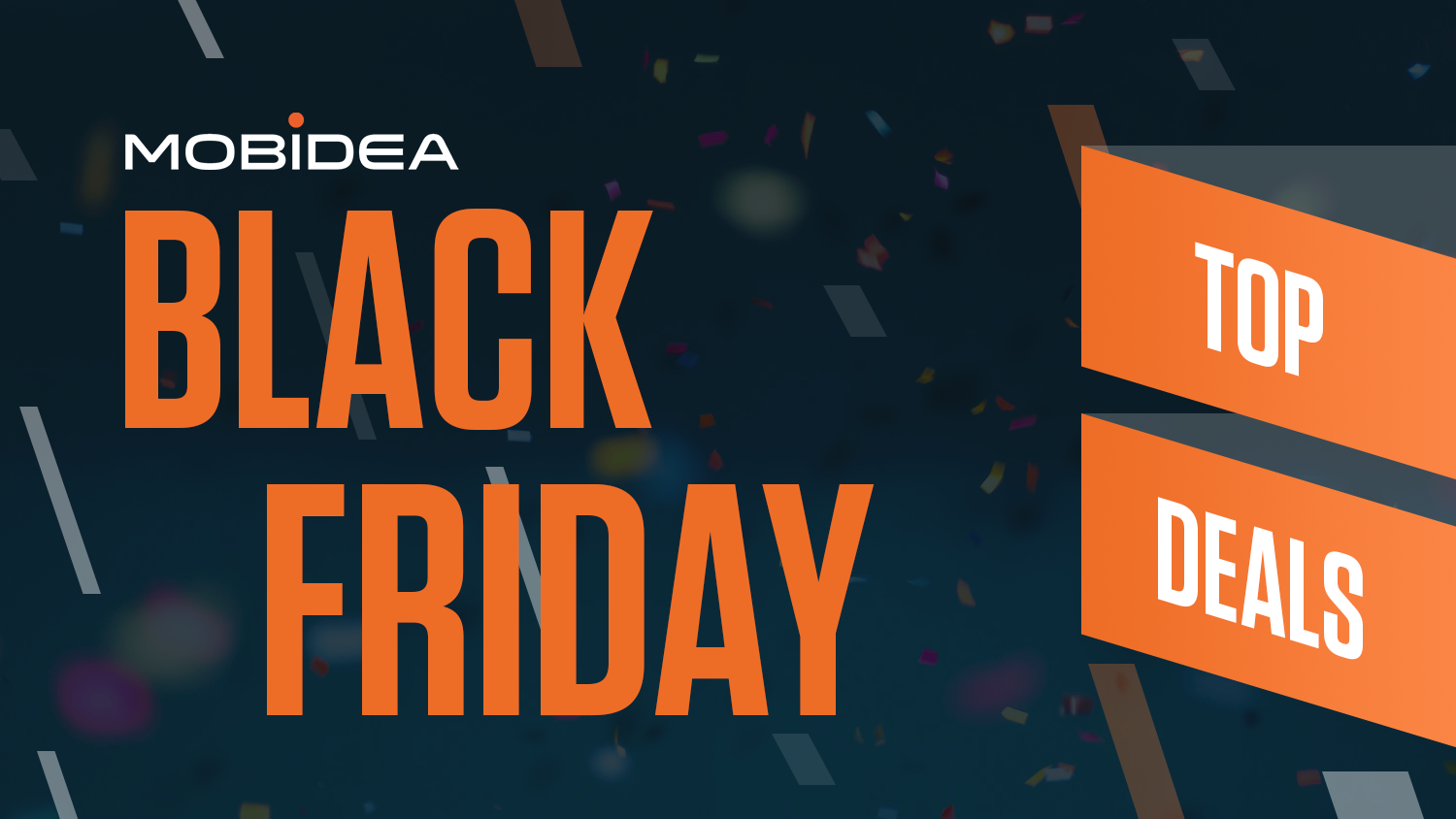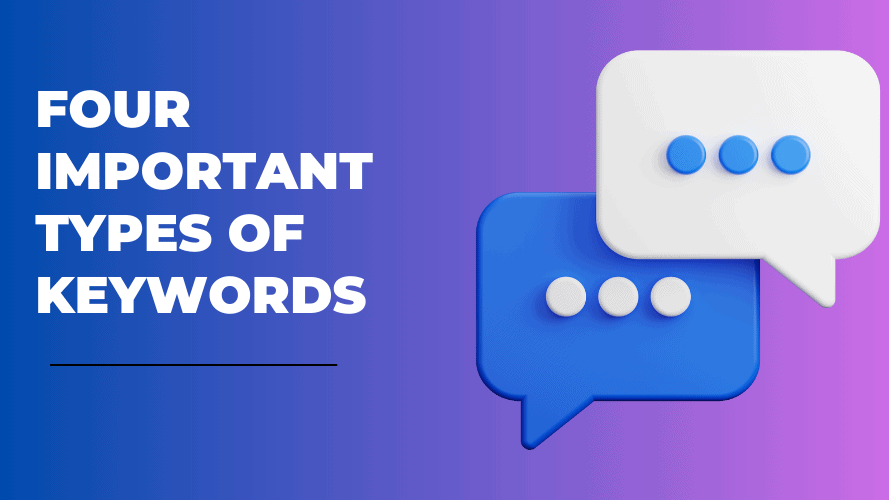
Although there are MANY keyword categories, the FOUR most important types of keywords are;
- Informational
- Navigational
- Commercial
- Transactional

Search engines like Google and Bing use keywords (and their intent) to show relevant information to the users. That’s why you can’t ignore keyword research as a website owner.
Most importantly, you shouldn’t ignore the INTENT behind your target keywords because the intent tells you if a searcher is looking to buy something or seek information.
In this free guide, you’ll discover;
- The different types of keywords are
- Their examples and how to find their intent
- How to target such keywords to grow your search traffic
Are you ready? Let’s get started.
The Major Keyword Types Explained With Examples

1. Informational Keywords
The primary intent: To learn and understand something
This is the “awareness stage” in the user journey. People who use informative keywords are just learning about a topic or finding a solution to a problem.
These keywords often lead to more search traffic and have many searches in search engines like Google. If you want to increase your website’s traffic, target informational keywords.
Examples:
- Best travel luggage bags
- How to cook Maggi
- Causes of back pain
Make sure to include LSI keywords as well if you’re targeting informative keywords within your content. That way, you can rank for similar keywords without keyword stuffing.
If you’re looking for a PRACTICAL beginner’s guide on finding the intent of keywords, we recommend our “Keyword Research eBook”, which has sold over 1000 copies worldwide.
Here’s one of the examples from the eBook;

Here’s one more (from the same eBook);

The best part? Our eBook is priced at just $6 and has a 30-day money-back guarantee.
Why are informational keywords important?
Here are some of the major reasons to consider informational keywords;
- You’ll attract MORE visitors from search engines. Out of all the keyword categories, users mostly search for informative keywords.
- Informative keywords help you build brand awareness and establish trust if you provide valuable content.
- Search engines like Google are MOSTLY rewarding sites with informative articles (over commercial content). This is also the reason why most affiliate websites are getting hit by Google’s freaky updates.
- You can position yourself as a thought leader if you provide in-depth content around informational keywords.
- Informational content often has a longer life than promotional or seasonal content. You can try publishing evergreen content that stays relevant even after a few years.
The primary intent: To find a specific website or page
This is the “consideration stage”, where searchers know what they need and are looking for specific sources.
People who are using navigational keywords primarily focus on brand names or specific page URLs such as “Netflix login” or “YouTube”.
If you want to build brand awareness and visibility for your website, target navigational keywords. Also, you’ll likely see a HUGE improvement in your website’s traffic from people already familiar with your brand or products.
Examples:
- Facebook login
- YouTube homepage
- Download WhatsApp
Why are navigational keywords important?
Here are a few benefits of focusing on navigational keywords;
- The MAIN reason to target navigational keywords is that they help you with better brand visibility. How? Navigational keywords often mention your brand name, product name, or website. For example: “bloggerspassion income reports” is a great example of a navigational keyword where people are looking for our blog’s earning reports.
- If your website or brand shows up for navigational keywords, it helps with a BETTER user experience, as searchers can find what they need quickly.
- These keywords are often used by people who are already familiar with your website or products. If you rank for these keywords, you’ll attract MORE returning visitors to your site.
- Navigational keywords can be EXTREMELY important for local businesses as you can include your address, phone number, and business name in your keywords to attract more people from search engines. For example, by optimizing for keywords like “your brand name near me” or “directions to your store” can help drive DIRECT traffic to your physical stores.
- These keywords require less effort compared to other types of keywords. The reason? You’ll be mostly optimizing keywords relevant to your website’s name or brand.
3. Commercial Keywords
The primary intent: To compare products or services
This is the “decision stage”, where users are interested in a product or service and PLANNING to purchase, but not necessarily ready to buy immediately.
That’s why they often compare products or look for reviews or discounts. This is the MOST important stage in the buyer’s journey. If searchers find the RIGHT deal, they may purchase.
These keywords can include product or brand names, as well as more general terms like “cheapest,””best,” “top,” “reviews,” or “compare.” If you want to attract high-quality leads to your website, target commercial keywords.
Examples:
- iPhone 15 vs Samsung S23 Ultra
- Best noise-cancelling headphones
- Best SEO tools reviews
Why are commercial keywords important?
Here are some of the BIGGEST benefits of targeting commercial keywords;
- You’ll attract high-intent search visitors to your website with a strong purchase mindset. You’ll get better conversions and sales if you’re good enough with product promotion.
- These keywords also lead to higher average order value. The reason is simple: searchers have a purchase intent.
- If you want HIGHER conversions on your website, you shouldn’t ignore commercial intent keywords.
- With these types of keywords, you can create awareness about the products by creating informative content and also targeting commercially written content.
4. Transactional Keywords
The primary intent: To complete an action such as buying something or signing up for a service
This is the “conversion stage”, where users are ready to take action.
Transactional keywords are GOLDEN keywords that signal a user is about to be ready to make a purchase or transaction. These are also known as “buyer” keywords.
People using these keywords aren’t just browsing, they’ve a solid desire to buy, subscribe, or download something. If you want to increase your overall sales and revenue, target transactional keywords.
Examples:
Why are transactional keywords important?
Here are some of the major benefits of focusing on transactional keywords;
- Higher conversion rates and MORE profits to your business, as searchers using these keywords are desired to take action.
- If you want better overall ROI and attract users who are ready to convert, you should target transactional keywords related to your products or services.
- They help you generate conversion-driven visitors from search engines.
- Ranking for transactional keywords can save you a TON of money in the long run. Usually, the CPC (cost per click) for these keywords is HUGE. So, if you’re ranking for such terms in Google, you’re literally getting paid visitors for free.
Above all, transactional keywords generate almost immediate sales, which ultimately improve your overall revenue. By targeting keywords like “buy [Product] now,” “[service] near me,” etc you attract visitors who are actively searching for where and how to buy.
Read: Keyword Golden Ratio (KGR) Technique: Secret Method to Find Low Competition Keywords
How to Check the Types of Keyword Intent In 2024?
Sometimes, it gets REALLY difficult to understand the intent behind a keyword.
Let’s consider the example of “Yoga mats.”
Is the intent informational? Or to buy?
This could be someone wanting to learn about yoga mats (informational), searching for recommendations (commercial), or directly wanting to purchase one (transactional).
One of the simplest yet most effective ways to understand the intent is to analyze the search results for those keywords.
What are the top 3 search results showing up for your target keyword? When you search for that keyword in Google, you’ll notice that most of the listings contain commercial intent.
Have a look;

So, people looking for “yoga mats” are PRIMARILY looking to purchase something.
Similarly, you can analyze the search results to understand the dominant intent behind a keyword.
The key here is to consider long-tail keywords. Why? Because they’re more specific phrases like “best budget yoga mat” or “Goa vacation rentals for families” usually reveal more precise intent.
If you’re looking for another simple way, we’d recommend the Semrush tool. With Semrush, you can easily determine the type of search intent behind ANY keyword.
Here’s what it looks like;

As you can see above, not only does the tool suggest relevant keywords, but it also helps you identify the INTENT behind those keywords.
Want to find more details? You can read our unbiased Semrush review for more information about this fantastic tool.
Keyword Intent Best Practices

Understanding the intent behind each keyword can help you attract the RIGHT traffic from Google. Here are some best practices for mastering keyword intent in 2024.
- Find the intent of each keyword you want to target. Before finding primary keywords for your blog posts or product pages, ask yourself whether the keyword has informative intent, commercial or navigational intent.
- Analyze the keyword itself. When you’re doing keyword research, look for words like “buy”, “free”, “compare”, “review”,”price”, “near me”, etc., These are also called “keyword identifiers”, which often indicate the intent behind the keywords.
- Use keyword research tools like Google Keyword Planner, Semrush, or Ubersuggest, as they provide lots of keyword metrics, including keyword difficulty level, search volume, competition, and related keywords.
- No matter what industry you’re in, analyze search results to see what kind of content ranks for the keyword on Google. See what content Google shows for the keyword to understand what users expect. Informational keyword queries will show blog posts and FAQs, while commercial intent might return product pages.
- Create content that satisfies the intent. For example, create informative articles for informational queries, comparisons for commercial intent, and helpful buying guides for transactional intent.
- Above all, analyze your website’s performance using Google Search Console (GSC). You should always monitor metrics like search queries that are generating traffic, time on site, and conversions to see if your content matches with user intent.
FAQs on Types of Keywords
Here are some commonly asked questions on various keyword types.
Are informative keywords important for a website?
Yes, informative keywords are extremely important as users seek information or answers to questions. Examples of such keywords include “How to train a puppy,” “Best laptop for writers,” “What is digital marketing?” etc.
Where should I use informative keywords?
You can include informative keywords in your blog posts, how-to guides, tutorials, explainer videos, etc. Make sure to find LSI keywords as well to naturally optimize your pages for better search rankings.
Where do I find keyword ideas?
You need access to keyword research tools like Google Keyword Planner, Semrush, or Ubersuggest to find relevant keyword ideas and phrases related to your website.
What’s the best way to find the intent behind a search query?
The best way to find the intent of ANY keyword phrase or search query is to analyze the search results. Search engines like Google often displays specific features based on intent.
Recommended Reading:
Final thoughts on keyword categories
By understanding and effectively using the RIGHT types of keywords, you can attract HIGHLY targeted traffic from Google.
Remember, each keyword has its own intent. So, understanding the intent is as important as finding the right keywords for your business.
Have any questions? Feel free to ask if you have any further questions in the comments.

